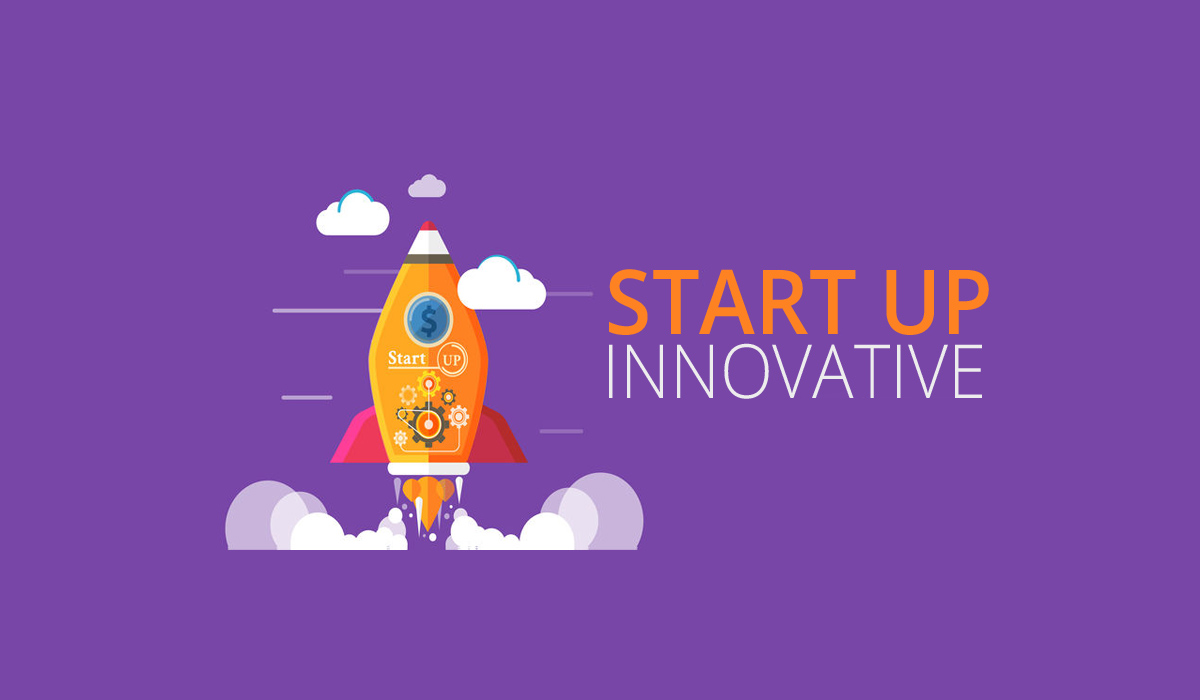In today’s fast-changing economic landscape, marked by rapid technological advances and increasing global competition, large established corporations are constantly seeking innovative solutions to stay ahead. One of the most effective ways to achieve this is by partnering with innovative startups. These dynamic entrepreneurial ventures, characterized by agility and a strong focus on cutting-edge solutions, offer corporations the opportunity to access advanced technologies, drive faster innovation, and harness valuable entrepreneurial expertise.
In this article, we explore how corporations can benefit from innovative startups in terms of access to cutting-edge technologies, rapid and flexible innovation, and acquiring new entrepreneurial skills.
Access to Cutting-Edge Technologies
Innovative startups are often founded by entrepreneurs seeking to solve specific market problems with advanced technological solutions. This focus makes startups an ideal source of state-of-the-art technology for corporations that might struggle to acquire these innovations internally.
Speed of Technological Development
Startups tend to develop technological projects much faster than large corporations. Their agility allows for quick decision-making without the need for lengthy approval processes. Additionally, startups are more willing to experiment with new technologies and take risks that corporations might avoid.
Collaboration and Technological Partnerships
By collaborating with innovative startups, corporations can integrate externally developed technologies into their processes. This integration often takes place through acquisitions, direct investments, or strategic partnerships. In sectors like information technology or biotechnology, accessing emerging technologies enables corporations to respond more swiftly and flexibly to market changes.
Access to Niche Solutions
Startups often focus on niche markets or highly specific problems. This specialization allows them to develop highly effective solutions for issues that might be overlooked within large corporations. For example, a startup might develop advanced real-time sales data management technology, which a retail corporation could adopt to enhance its analytical capabilities.
Integration with Big Data and Artificial Intelligence
Corporations can benefit from access to artificial intelligence (AI) and big data technologies developed by startups to optimize their internal processes and improve operational efficiency. Many innovative startups focus on applying AI in predictive analytics, image recognition, and machine learning—areas where corporations can significantly improve their data management and market forecasting strategies.
Rapid and Flexible Innovation
One of the major advantages offered by innovative startups is their ability to quickly adapt to market changes. By working with agile and flexible startups, corporations can accelerate their innovation processes, staying competitive and responsive to market trends.
Continuous Experimentation and Market Testing
Startups adopt a continuous experimentation approach, constantly testing new products, services, and business models. This experimentation is made possible by their streamlined structure, which allows for rapid changes at lower costs. Collaborating with an innovative startup enables corporations to test market ideas and products with reduced risk, thanks to the startup’s expertise in managing pilot projects.
Innovative Business Models
Startups are pioneers of innovative business models that disrupt traditional market approaches. For corporations, partnering with a startup means gaining insights into how these models can be applied and scaled in larger contexts. Startups, for example, experiment with new distribution and customer engagement methods, such as freemium models or online platforms, which corporations can then strategically adopt.
Reducing Time-to-Market
In large companies, the creation and implementation of new ideas can take a long time due to complex internal bureaucracy and decision-making processes. Startups, on the other hand, work with much shorter time-to-market cycles. By partnering with or acquiring innovative startups, corporations can significantly reduce the time it takes to bring new solutions to market.
Access to New Markets and Customer Segments
Innovative startups often have a deep understanding of emerging markets and niche customer segments. By collaborating with startups that have already developed products or services for these sectors, corporations can expand their customer base without the need for extensive market research.
Leveraging the Entrepreneurial Skills of Startups
Startups are often led by highly skilled, motivated entrepreneurial teams with a risk-taking and innovation-driven mindset. Corporations can leverage these entrepreneurial skills to enhance their approach to innovation and increase their competitiveness.
Acquiring Talent and Expertise
Startups attract highly specialized talent, often with in-depth knowledge of the latest technological and market trends. Through acquisitions or strategic partnerships, corporations can integrate this talent into their teams, enriching their human capital and fostering a more innovation-oriented corporate culture.
Mentorship and Knowledge Exchange
Working closely with startups also offers the opportunity for mutual knowledge exchange. Corporations can benefit from the entrepreneurial vision and dynamism of startups, while startups can learn from corporations in areas such as financial management, marketing, and scaling business models.
Culture of Flexibility and Innovation
Startups teach corporations a more flexible and experimental approach. This innovation-driven culture can positively impact large companies, encouraging them to become less bureaucratic and more open to change, thus increasing their ability to adapt to market trends.
Improving Customer Experience
Startups are often at the forefront of developing solutions that enhance customer experience. By working with startups, corporations can gain access to technologies and expertise that improve customer interactions, offering personalized approaches, advanced support systems, and innovative engagement models.
Conclusion
Collaboration between corporations and innovative startups is a winning strategy in a constantly evolving market landscape. Access to cutting-edge technologies, the ability to innovate rapidly, and the entrepreneurial expertise of startups provide invaluable resources for corporations, enabling them to stay competitive and respond effectively to market challenges. Through strategic partnerships, investments, or acquisitions, large companies can tap into the potential of startups to accelerate their digital transformation and improve their offerings.
In a world where innovation is key to success, innovative startups are an indispensable resource for any corporation seeking to strengthen its market position and build a sustainable, future-oriented business.
